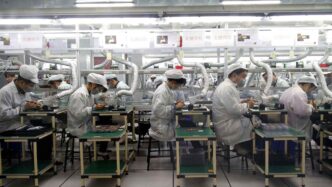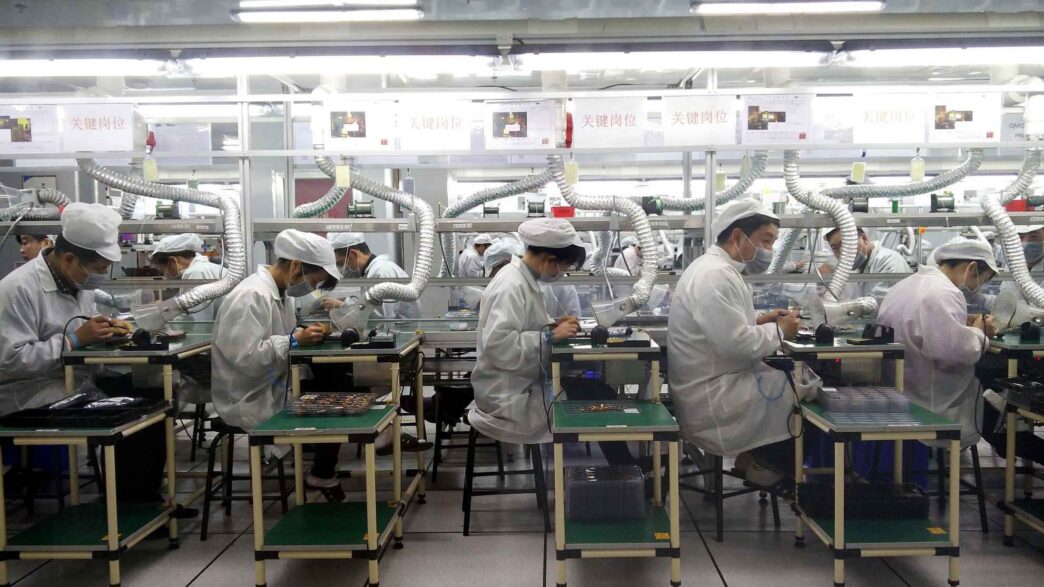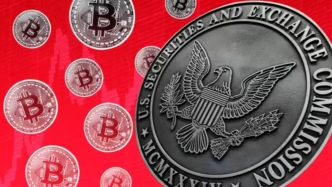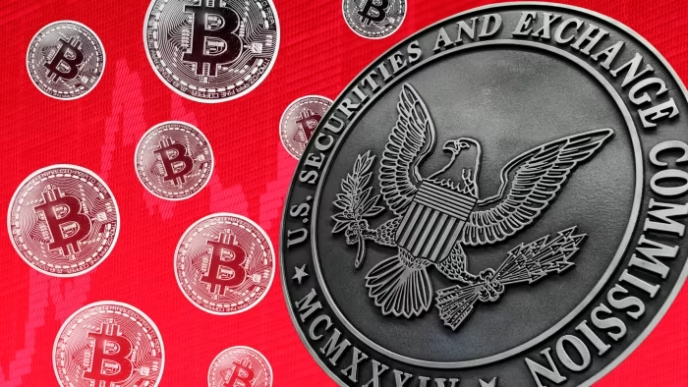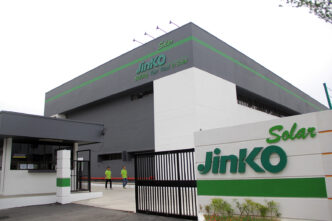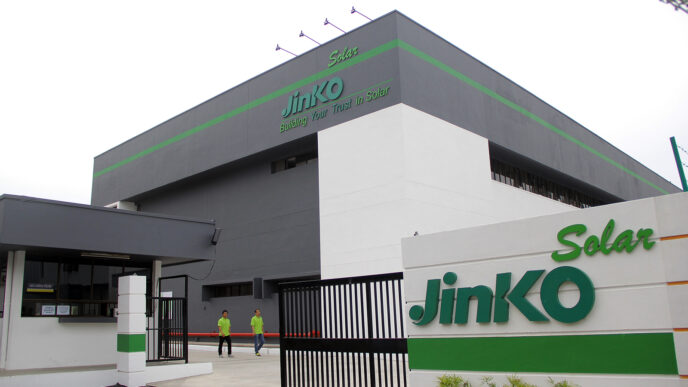As tensions escalate across the Taiwan Strait, a pressing question looms over geopolitical and economic circles: Would the United States step in if China moves to control Taiwan’s semiconductor industry? At stake is far more than political sovereignty—it’s the technological core of the global economy, especially the future of artificial intelligence (AI).
Why Taiwan’s Chips Matter
Taiwan is home to Taiwan Semiconductor Manufacturing Company (TSMC), which produces more than 90% of the world’s most advanced semiconductors. These chips power everything from smartphones and fighter jets to quantum computing systems and generative AI models. If China were to successfully assert control over this infrastructure, it would reshape the global balance of power in both economics and security.
U.S. Military and Economic Interests
The United States has repeatedly affirmed its commitment to Taiwan’s security, including through the Taiwan Relations Act, which provides for arms sales and deterrence. However, a direct Chinese invasion or blockade aimed at absorbing Taiwan’s chip production capacity would likely provoke a multi-dimensional U.S. response, encompassing:
- Military deterrence or intervention, to protect a vital supply line and uphold international norms
- Massive economic retaliation, including sanctions against Chinese firms and potential trade decoupling
- Emergency domestic industrial mobilization, to accelerate onshore semiconductor production under the CHIPS Act
A move by China could trigger one of the most serious global crises since the Cold War, blending military, technological, and economic conflict into a high-stakes confrontation.
What Happens to the U.S. AI Market?
If China were to seize Taiwan’s semiconductor fabs and maintain operational continuity, the implications for the U.S. AI sector would be profound:
- Disruption in Chip Access: U.S. companies like NVIDIA, Google, Amazon, and Microsoft rely heavily on TSMC for producing AI chips like GPUs and ASICs. A break in this supply chain would cripple development timelinesand slow AI innovation across the U.S. tech landscape.
- Strategic Vulnerability: AI models such as OpenAI’s GPT, Meta’s LLaMA, or Google’s Gemini require thousands of advanced chips. China controlling chip production could give it a decisive advantage in compute power—translating into faster model training, more data processing, and superior AI deployment at scale.
- Data Security Risks: Even if Taiwan’s chip production remained technically operational under Chinese control, trust in the security of those chips would evaporate. Concerns over backdoors, espionage, or reliability would likely push U.S. firms to re-source hardware—at enormous cost and with major delays.
The Road Ahead
The U.S. has already begun insulating itself from such a risk by investing billions in domestic semiconductor manufacturing. However, the industry remains years away from achieving full supply chain independence at the advanced-node level.
In a worst-case scenario—China gaining control over Taiwanese chip production—the U.S. may find itself not only reacting militarily or economically, but also scrambling to rebuild critical industrial capacity that underpins national security and global technological leadership.
Conclusion
Yes, the U.S. would likely intervene—militarily, economically, and diplomatically—if China sought to seize Taiwan’s semiconductor industry. The outcome would shape the future of global tech leadership, AI development, and the rules-based international order. In today’s world, chips are not just components—they are the currency of power.

